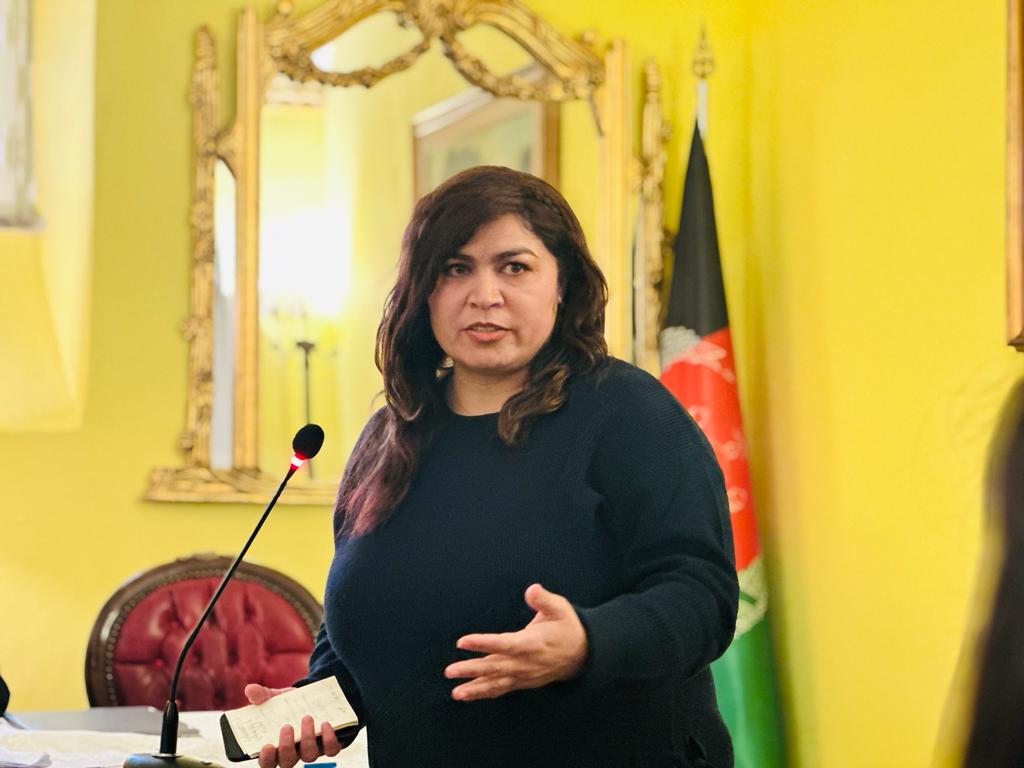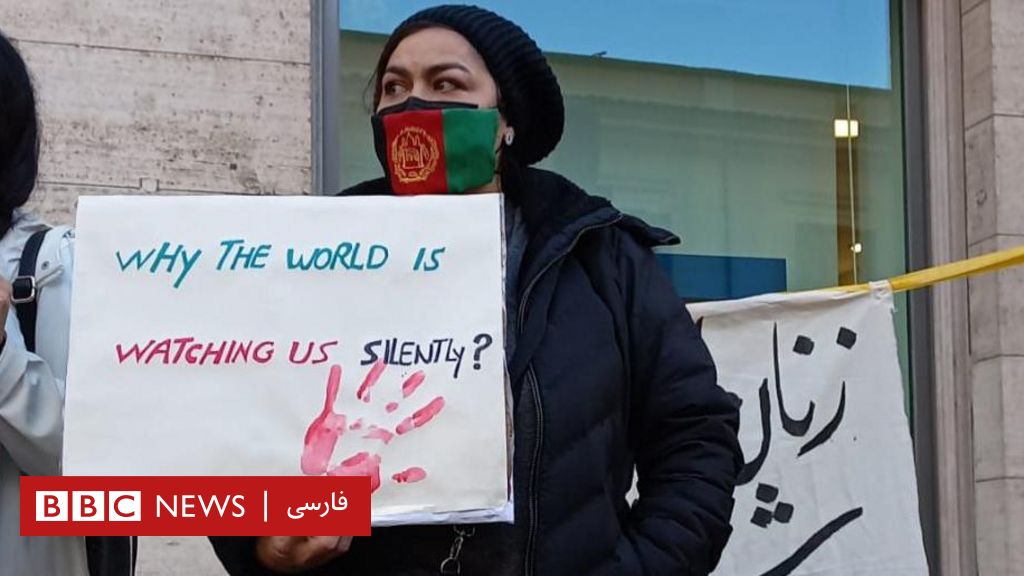Mahboba Islami is one of the strongest women I know. Starting from life in a Pakistani refugee camp to surviving in Afghanistan, Mahboba endured many challenges while becoming a trauma surgeon. Her story tells only a glimpse of her strength from becoming a surgeon to discovering her true passion for advocating for human rights and women. In this interview, Mahboba shares the less-told side of Afghanistan’s beautiful culture and her message to women around the world. Though she has already made a significant change in the world through her devotion, it is without doubt that she will continue to change the world with her passion for people. Mahboba has been recognized already by major news outlets like the BBC, read her published articles below to learn about more of her incredible efforts and experiences:
https://nimrokhmedia.com/2022/10/14/the-afghanistan-and-iran-women-struggle-similarity-and-difference/
https://www.bbc.com/persian/articles/cw5eg12rvz3o
Can you start by giving some background about you and your family?
My father and mom got married during the Russian occupation and invasion of Afghanistan. I am the third child and was born in a refugee camp in Pakistan. After the fall of communism, we returned to Afghanistan when I was a small girl. I have strong memories as a child of when we saw our own city be occupied by a military group and had to leave our parents’ province. At that point, we became immigrants in our own country. We went to another city and my father started working. My mom was really supportive of our father and took care of everyone since we are a really big family, I have six sisters and four brothers. After the first period of the Taliban, we had to leave school with all of the new problems occurring. During this period, there was a lot of pressure on men and women in Afghanistan. My father had a strong problem with the Taliban because we were not allowed to go to school and other political problems so we went to Iran. We faced all of the same problems in Iran though. Whenever there were political problems, the effect was on us. We were kids and every few months they would come and ask if we were Iranian or Afghan and then tell us we were not allowed to come to school the next day. After the war started again in 2001, it was another new chapter but also meant that my family could come back to our own country and that all of my sisters and brothers could start studying again.

I went to medical school but my passion was political studies. I knew that my father had always wanted to become a doctor but was from a poor family. I really loved my father and it’s something in general everywhere that our father is our first love as women so I wanted to do this for him. I studied really hard to become a doctor and then a surgeon. The first day that I started my rounds at a hospital, it ended up being the same hospital my father was admitted in and I lost my father the same day. Whenever I was working as a doctor I would think of the patient as if they were a member of my family. I was putting all of my energy into this job and work because my specialty was in emergency and trauma so I witnessed a lot of injured and killed people during this long period of war and societal attacks. Every week we were facing societal attacks, whenever we heard a sound it was an explosion and it made me think that only being a doctor was not enough for me.
Can you tell me more about Afghan culture at its core?
What I love about our country is the strong relationship between family members. Also the hospitality- we love to have guests, It’s like a competition to have guests in their houses. Everyone always supports one another too. If someone has a problem, everyone is quick to say if you need me, count on me. We are here for you.
We also have celebrations with very different colorful clothes, specific dances and songs. When there is a peaceful situation and people are gathering all together, they cook and bring everything outside to share food. This is the true Afghanistan, it’s really different because you feel at home everywhere you are.
I get emotional because the connection between my father and my siblings was something really different. When I was becoming a doctor he would always remind me to not think of the economic situation but of children on the street and people in our neighborhood to make sure they have enough food or see if they need anything. We had our own problems as a family, but the approach of our father was to always think about others too. If we have something, we share it. When we lost our father, on the day of the funeral there were women, young boys, and children all telling us they lost their father now too. We knew our father was a really generous person but seeing the turnout really made us realize his impact. These people told us how our father would always tell them to do whatever it is they want and to study or change their situation for their lives and families. They said he would tell them to just worry about studying and if they need anything, to just call and ask. There were poor widows from far away in our city coming and saying he would ask about their situation and make sure they had what they needed or introduce them to people who were willing to help. In Afghanistan, we have been through a lot of financial crises, problems, and war and my father didn’t want people to go through these things. I have this feeling and inspiration from him. We have to think about ourselves and should take care of ourselves to help others, but sometimes you also need to put others before you. Whenever you put others before yourself, you can bring changes.

I was a medical student in my fifth year and we had a chance to ask generous doctors to allow us to go to their private clinics and join their surgeries. I was observing a gynecologist and she was operating on a woman where I saw the violence, the silent violence in Afghanistan. There was a girl who was 19 years old and pregnant while her husband was in another country. It was found out that the father of the baby was not from her husband but from a rape. For these reasons, she had gone to a non-professional midwife for an illegal abortion and her uterus and intestines ruptured. They had to do a total hysterectomy and she wasn’t able to have children again. They had to give her a permanent ostomy bag and she was only 19 with a bag and infertility for the rest of her life. This was the first experience that made me really angry about the violence and nobody caring about it. Then I saw women being brought to the hospital already dead but they were being legally documented as suicides. As a doctor, we can find out everything we need to know about the death and would find that it was not a suicide but rather a killing. I was seeing the rapes, the silent violence, and honor killings and thought okay, you need to speak up, you cannot be silent. I want to write about my experiences, I have them written down but not officially drafted yet. Social media is very strong nowadays and can even change policies. It’s very small, but I’m working on it. Today I am pursuing a Master’s degree in Peace Studies and conflict resolution in Rome so that I can bring change in politics for women.
From a woman to another woman I think you should be strong and believe in yourself and whatever you want to do, you can do it. Don’t be afraid of society. Don’t be afraid of judgment. Don’t let society or your partner have a strong effect on what you want to do. Be yourself and be strong, the strongest version of yourself because being a woman itself is something really unique.
For our Afghan women, I cannot tell you to stand for your rights because I know the Taliban and how they treat our women who try to protest. But I am telling you that you are not alone. I and other women only left our country because of you and your daughters and girls’ futures. I’m sure the situation will change and you will be free again. For other women around the world who are from Afghanistan, do not forget where you came from and what responsibility you have for our other sisters and women inside our country. If you want to sleep normally, do not forget your sisters and your women in a country called Afghanistan.
Want to share your story on the Uprooting Passions series? Click here
Need help telling your individual or company’s story online? I can help!
